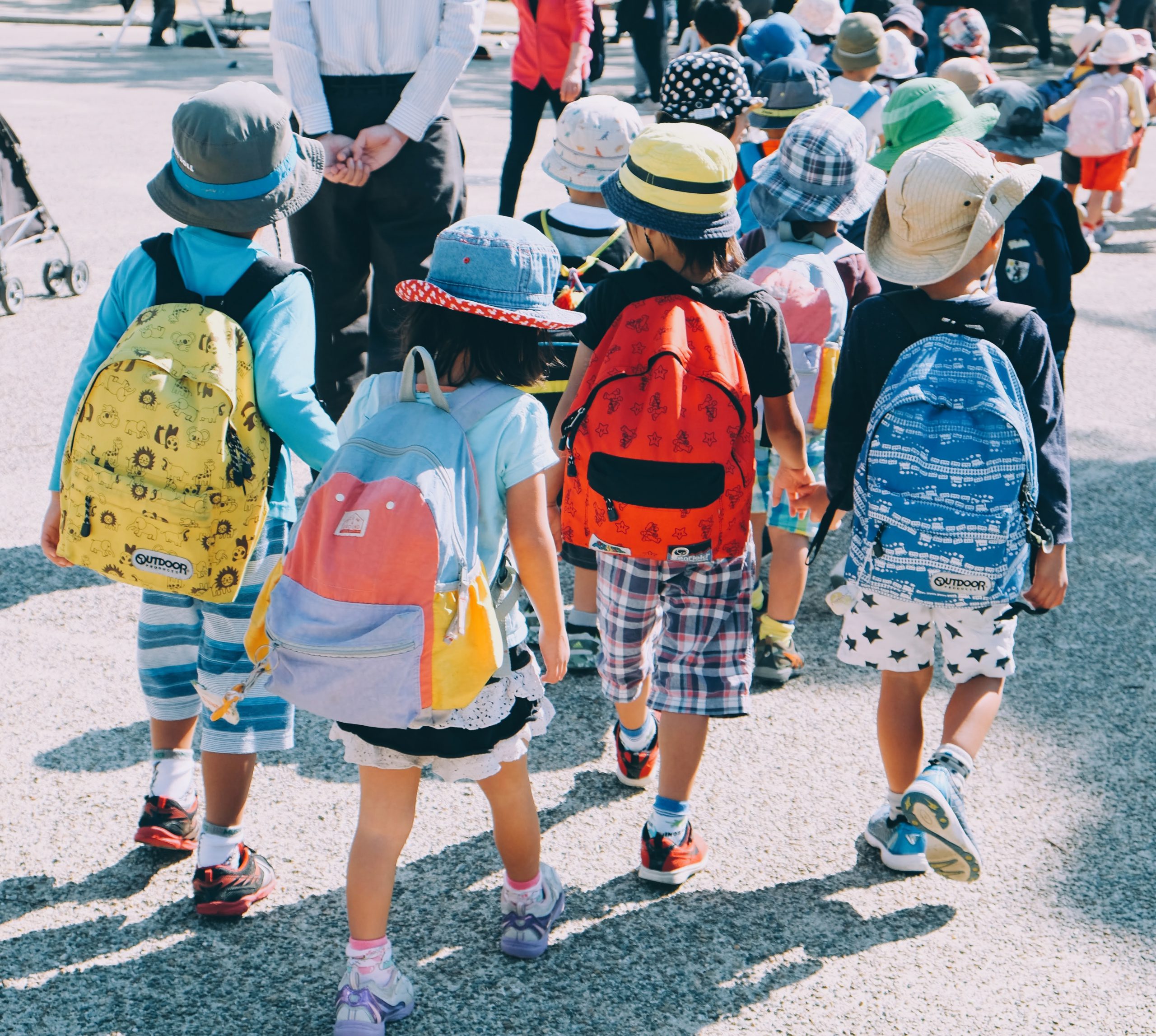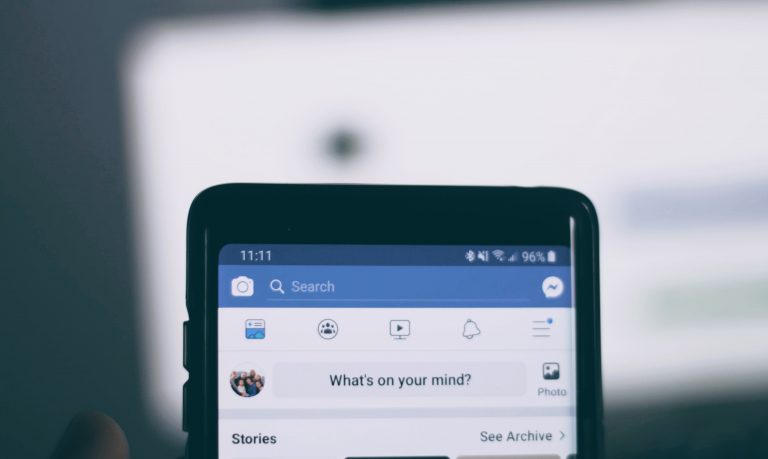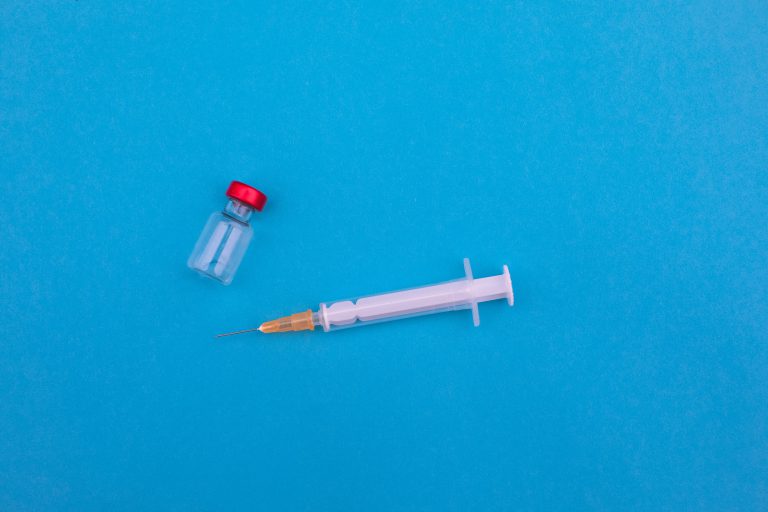The coronavirus is still present in the US, but somehow life is trying to go back to normal. Schools are slowly preparing for reopening, and it brings doubts and anxiety to parents of little children. Information about COVID-19 is still evolving, and there is still much to know about the virus and how it spreads. This article will go over what the world currently knows about the virus, how it affects kids, and how you can prepare for the upcoming school year.
What Happens to Kids With COVID-19 Infection
According to the latest report from the CDC (Centers for Disease Control and Prevention), 40 percent of patients with coronavirus are asymptomatic. Some, including kids, do not show any symptoms at all. In contrast, other kids who get infected with COVID-19 develop symptoms similar to what they get when they have a cold, such as fever, cough, runny nose, muscle aches, fatigue, diarrhea, and vomiting.
Just because kids’ cases are rare does not mean that it can’t get serious. Some young COVID-19 patients get severely sick and ultimately succumb to the disease. As of August 20, the CDC has reported 694 confirmed cases of MIS-C or multisystem inflammatory syndrome in children, a fatal illness associated with COVID-19.
Children with MIS-C experience the following symptoms:
- Fever
- Gut pain
- Vomiting
- Diarrhea
- Neck pain
- Rash
- Bloodshot eyes
- Extreme fatigue
According to the same report, more than 70 percent of the reported cases occurred in children who are Non-Hispanic Black (197 cases) and Hispanic/Latino (239 cases). Eleven children already died from this illness in 42 states.
Northwell Health’s Huntington Hospital’s pediatrician Thomas McDonagh, MD, warns parents to stay vigilant about their children’s health. Although COVID-19 and MIS-C are rare for kids, healthy children can still get severely sick. He also mentions the hypothesis that children are less susceptible to these illnesses because they are more frequently infected with the regular cold virus. This exposure could have led to some of them developing innate cell protection against coronavirus. For now, this statement is still a theory that needs further study.
The Spread of the Virus Among Children
Children could be an effective transmitter of the coronavirus. One study from the CDC Journal Emerging Infectious Diseases found that people aged between 10 to 19 can spread the virus at the same rate of infection as adults do, while children below ten years old are less likely to transmit the virus than adults.
JAMA Pediatrics then presented a paper that suggests that children five years old and younger can carry one hundred times the viral load carried by adults. However, this amount does not equate to children becoming superspreaders of the virus. More data is needed to prove this point.
How to Manage the Situation: Preparation for School
Because kids are notorious spreaders for the common cold and flu, it makes sense that they could do the same for coronavirus. They also don’t know how to handle their secretions well. They touch their faces and other surfaces frequently and tend to forget to cover their mouths when they cough or sneeze.
Following health institutions’ orders, such as wearing masks, implementing physical distancing, and regularly washing hands, will surely help. Schools should make this a mandatory rule for reopening.
Parents should also do their part in ensuring that their children have enough masks that fit comfortably and entirely over their nose and mouth. They should teach their children how to take off their masks without touching the cloth. A close eye on possible symptoms can also prevent potential spread.
Conclusion
Despite it being rare, kids are also prone to getting sick from the coronavirus. When it comes to protecting kids against COVID-19, parents and institutions should work together to provide a safer environment. Helping students understand the situation and teaching them about what they should know will also help them protect themselves and others.
To stay updated with the latest medical news articles, regularly visit this site to get your daily Dose of Healthcare. You can also follow our social media accounts to learn more about better healthcare.



















